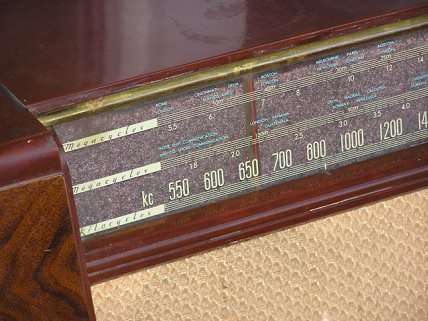Ed Krayewski Talking Israel-Hamas Conflict on The Alan Nathan Show

I'll be on the Alan Nathan Show in just a few minutes, in the 6p.m. hour, talking about the continuing conflict between Israel and Hamas.
Nathan is interested in the question of why some consider the Palestinians more "righteous" in the conflict because they have more casualties. As I told him (the interview's pre-recorded), I'm not interested in those kinds of questions. Nevertheless, the Israeli government's response to Hamas' haphazard lobbing of rockets into its territory—largely intercepted by the Iron Dome if they're actually headed anywhere where there's a risk—doesn't seem an appropriate one if the goal is to minimize the security threat posed by Hamas and other extremist groups in Gaza.
As to the rockets and the Israeli government's response, I repeated a point I made in a column earlier this week:
In the U.S., every time an incidence of "gun violence" makes the national news, certain political groups call for an immediate widespread curtailment of Second Amendment rights to combat the threat. Feelings of terror, however they are generated, can be powerful motivators for reactionary politics. The effort to curtail gun rights often fails in the U.S. because the intended victims of the rights-deprivation are a part of the political process and enjoy broad support despite a vocal, almost hysterical, opposition. The Gazans have no say in Israeli politics—their opinion on being bombed is irrelevant. And they have little say in Palestinian politics, either, when their leaders can't agree on elections, stake their survival in escalating conflict with Israel, all while propagandized their population with the same anti-Israeli hatred that animates their politics.
The Israeli government, of course, doesn't need approval from the U.N. or the U.S. or anyone else to respond or react in any way it chooses, only from enough people to make it through the next election. The only relevant question to U.S. policy is whether we should be subsidizing it.
Toward the end, I suggested the Israeli government may, in reviewing the operation after it ends, find that its approach caused it to miss opportunities. I identified the right prime minister, Ehud Olmert, though not by name, under which the Winograd Commission happened but may have mentioned it was after a conflict with Hamas not Hezbollah. On a semi-related note, earlier in the segment Nathan asked why Hezbollah and Hamas were repairing ties when a Sunni-Shi'a conflict is brewing across the region. You'll have to tune in for my answer.


Show Comments (29)